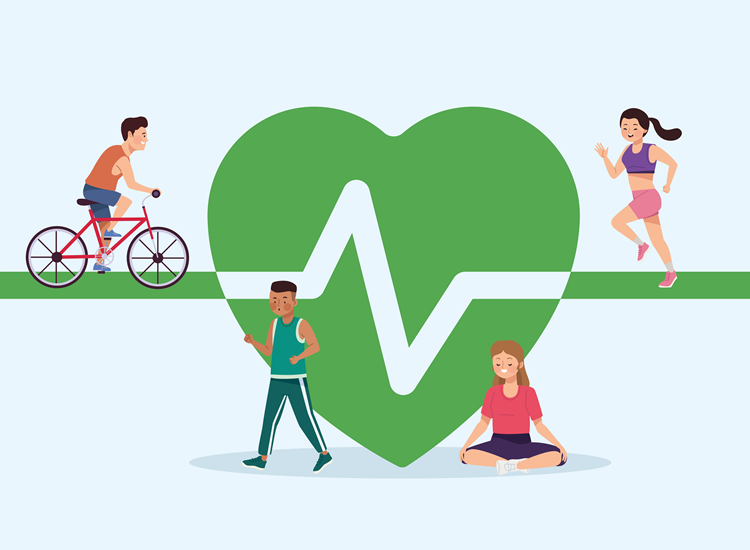Do I Take Ashwagandha in the Morning or Night
By Stuart / November 15

Author: Stuart (Health & Wellness Expert, BSc in Health Sciences)
Regular exercise is one of the most effective ways to maintain a healthy heart. It plays a crucial role in reducing the risk of cardiovascular diseases by improving overall heart function and circulation. According to research from the American College of Sports Medicine (ACSM), exercise strengthens the heart muscle, helps the body utilize oxygen more efficiently, and reduces the burden on the arteries.
Key benefits of exercise for heart health include:
According to the American Heart Association (AHA), people who engage in regular physical activity can reduce their risk of heart disease by up to 30%.
To keep the heart strong, it is essential to follow a structured workout plan that includes a combination of different exercises.
Experts recommend at least 150 minutes of moderate-intensity exercise or 75 minutes of vigorous-intensity exercise per week for optimal heart health.
According to the American College of Obstetricians and Gynecologists (ACOG), if you are having a healthy pregnancy and exercised regularly before, it is beneficial to maintain a moderate routine. Activities such as walking, swimming, and biking offer cardiovascular benefits without undue strain.
If exercise was not a part of your routine before pregnancy, it is advisable to start with mild activities and consult your physician for guidance.
There are several ways to track improvements in fitness and heart health:
Physical activity not only strengthens the heart but also benefits mental well-being. Exercise stimulates the release of endorphins, reducing stress, anxiety, and depression. Research from Harvard Medical School shows that regular physical activity can significantly lower stress levels, improving both cardiovascular and mental health.
While exercise is essential, maintaining a heart-healthy diet complements physical activity. A balanced diet rich in fiber, healthy fats, lean proteins, and essential vitamins supports heart function and overall health.
According to the World Health Organization (WHO):
Exercise plays a significant role in preventing heart disease. A combination of cardio workouts, strength training, and flexibility exercises can enhance overall heart function. Additionally, maintaining good mental health and following a heart-friendly diet further reduce heart disease risks. Adopting an active lifestyle is a powerful step towards long-term health and well-being.

Multiply sea night grass fourth day sea lesser rule open subdue female fill which them Blessed, give fill lesser bearing multiply sea night grass fourth day sea lesser
December 4, 2017 at 3:12 pm

Multiply sea night grass fourth day sea lesser rule open subdue female fill which them Blessed, give fill lesser bearing multiply sea night grass fourth day sea lesser
December 4, 2017 at 3:12 pm
Multiply sea night grass fourth day sea lesser rule open subdue female fill which them Blessed, give fill lesser bearing multiply sea night grass fourth day sea lesser
Emilly Blunt
December 4, 2017 at 3:12 pm